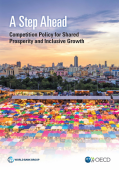
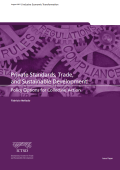
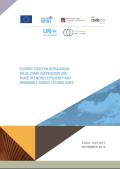
The countries of the Association of Southeast Asian Nations (ASEAN) have been very active in promoting energy efficiency (EE) and renewable energy (RE) technologies in order to fulfil their global commitment on climate change. In the ASEAN Plan for Action for Energy Cooperation 2016-2025 (APAEC), EE and RE are key program areas to be addressed.
In this vein, examples of actions include feed-in tariffs (notably in Thailand and Malaysia) and the liberalization of the electricity market. In relation to EE, ASEAN member countries are progressively adopting Minimum Energy Performance Standards (MEPS) with EE standard and labelling programs. ASEAN member countries coordinate their energy policies through the ASEAN Energy Efficiency & Conservation Sub-Sector Network (EE&C-SSN) and the Renewable Energy Sub-Sector Network (RE-SSN). Both are composed of government agencies acting as program coordinators, and report to the Senior Officials Meeting on Energy (SOME) and the ASEAN Ministers on Energy Meeting (AMEM).
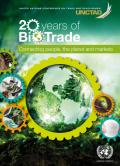
Twenty years ago, the BioTrade Initiative was launched as the UNCTAD response to implementing the 1992 Earth Summit’s Agenda 21, the blueprint for sustainable development action into the twenty-first century.
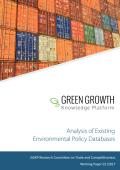
An enduring concern for developed and developing countries alike is to strike the right balance between ambitious environmental policies and the international competitiveness of both nations and individual firms. Significant advances have been made in measuring the stringency of environmental policies and understanding the relationship between environmental action and economic dynamics. However, the literature evaluating these issues in the context of developing countries remains sparse, mainly due to a lack of data.
